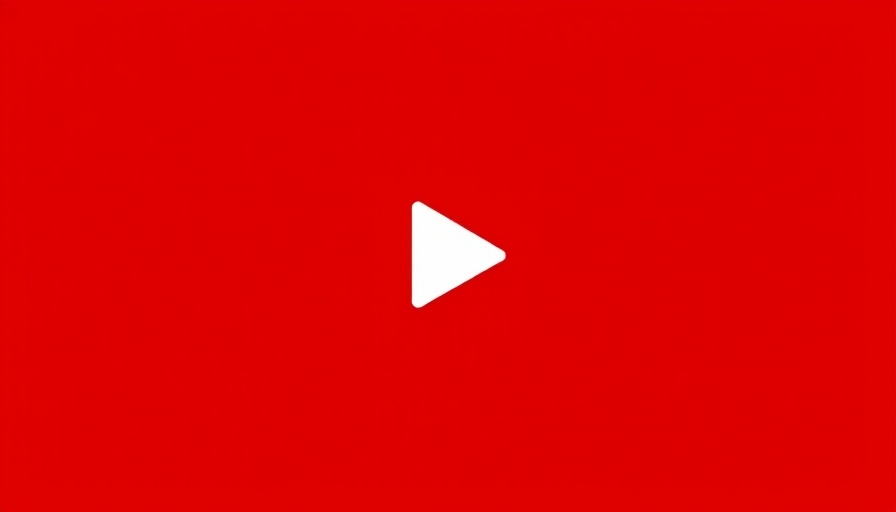
Why Traditional Leadership Must Evolve
In a rapidly shifting business landscape, traditional leadership roles are being challenged like never before. Seth Godin, an influential thinker in the world of business, has urged leaders to rethink their roles and responsibilities in order to manage uncertainty. During a recent session with Vistage members, Godin emphasized that a true leader must move beyond merely managing tasks and instead focus on long-term vision and innovation. He states, 'If you’re doing the work, you’re not doing the work of a CEO.' This shift from management to leadership is not just necessary for survival; it's vital for sustainable growth in today’s economy.
Customer-Centric Leadership: More Than Just a Buzzword
Godin calls for a profound change in how leaders approach their customer relations. No longer can businesses claim to be customer-centric while fixating on spreadsheets and metrics. Godin challenges CEOs to engage directly with customers, advising them to hear firsthand experiences from users—both those who left and those who love their products. 'Get on a Zoom call with five former customers,' he suggests, urging leaders to bring the customer experience back into focus. This visceral approach to leadership not only reinforces a mission-driven culture but also aligns corporate strategy with customer values. For pioneers in customer engagement like Patagonia and Ben & Jerry's, listening to customers has been the cornerstone of their success.
The Imperative of Embracing AI
As technology continues to advance at an unprecedented pace, Godin warns CEOs that immersing themselves in artificial intelligence (AI) is no longer optional. He argues that dedicating time to fully understand and engage with AI tools is critical for maintaining relevance in the market. He states, 'If you’re not spending an hour and a half a day using AI, you’re falling behind.' This statement reveals a stark reality: adapting to technological advancements is as crucial as traditional leadership methods. Those who embrace AI effectively may find new avenues for creativity and efficiency, while those who hesitate may risk obsolescence.
Transforming Company Culture Through Leadership Practices
At the heart of Godin's philosophy is the idea that leadership should foster a culture that prioritizes mission and values over sheer metrics. By encouraging leaders to prioritize customer feedback and engagement in their decision-making processes, Godin invites them to create a more inclusive and dynamic business environment. This shift can lead to a workforce that feels empowered, as they witness their input directly contributing to the company's evolution and success.
Looking Ahead: Predictions for Business Leadership
The future of business leadership is intertwined with the ability to adapt, innovate, and align values with customer needs. CEOs should prepare for a landscape where agility, rather than rigidity, will dictate success. Godin’s insights offer a roadmap for leaders looking to navigate uncertainty and leverage change as a tool for growth. As we stand at the threshold of significant innovations in technology and customer engagement, embracing these new strategies will be essential for continued relevance and impact.
In conclusion, as businesses face an era marked by unprecedented change, the insights of visionaries like Seth Godin remind us that adapting our leadership styles to be more customer-centric and technologically adept is not just beneficial—it's imperative. CEOs and leaders who can let go of control, embrace customer perspectives, and fully engage with AI tools will stand to create lasting impact in this dynamic environment.



Write A Comment